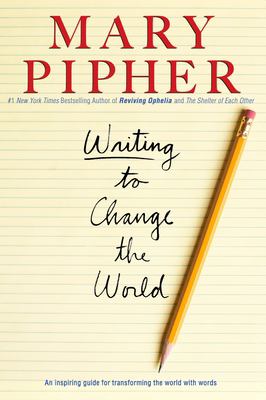The NPR show, Tell Me More, conducted an interview with several authors about the issue. The participants in the conversation brought a breadth of experience and perspectives to the debate. Personally, I immediately felt a sense of solidarity with Stockett when I first read about the controversy, probably because I loved the book so much. One of the authors interviewed expressed similar sentiments. Another, however, already had problems with the book (although she agreed it was a great work of literature) and felt that Stockett was clearly in the wrong with regards to the lawsuit. I encourage you to listen to the interview or to read over the transcript as it is an enlightening presentation of different opinion.
And as it turns out, opinion on the law suit issue, the author, and the book itself are largely divided along racial lines. Many black readers do not care for the book, and some seem to be troubled by a white woman's attempt to tell a story from the perspectives of black domestics in the 1960s South. I understand that position, but am almost ashamed to admit that it had not occurred to me until it was pointed out. Everyone I talked to loved the book. But then again, I never sought or found the opinion of a black reader.
I continued to want to defend Stockett until I heard that Cooper specifically requested that she not be depicted in the book. I still do not believe that Stockett intentionally meant to portray Cooper directly in the book, but it seems apparent that Cooper was among those whom Stockett drew on for her character. The similarity in the names seems particularly blatant. But of course, none of us knows what was inside Stockett's head at the time of writing.
What do you think? Have you heard about this recent controversy regarding The Help? Does it change your mind on the book if you have already read it? Or change your decision to pick it up and read it for the first time? What is appropriate when authors draw from real life to create their own literary worlds? What to they owe those that inspire their characters?
I have not sorted out my own feelings on the subject, but I plan to continue reading about the issue. I will share my findings with you all here. In the meantime, I would love to know what you think.











